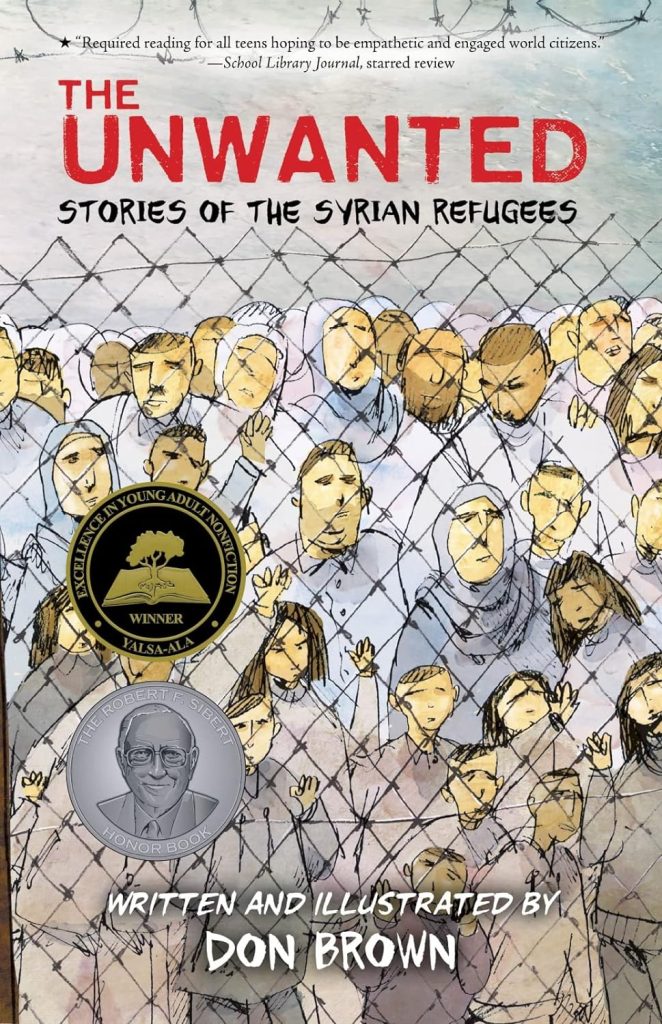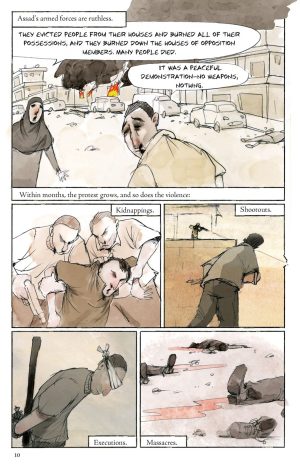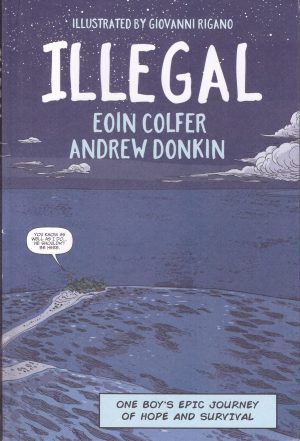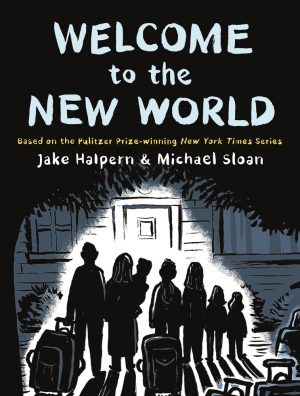Review by Ian Keogh
The Unwanted is Dan Brown’s powerful explanation of why Syrians in their millions left their homeland for Europe’s refugee centres, and the exploitation and perils faced in locating somewhere else to live.
Like many Middle-Eastern countries in the early 21st century, Syria was a dictatorship, and had been since independence in 1947. Bashar al-Assad was, and as of writing still is, the current autocrat, propped up by Russia. However, by 2011 there had been successful revolutions and protests leading to reforms in several other countries, and the people of Syria took their chance. They discovered al-Assad was more ruthless than assumed. Sending the army to shoot protestors is Dictatorship 101, but al-Assad also had no qualms about having his air force bomb entire communities.
Brown lays out how Islamic society is divided along lines of Shia and Sunni beliefs, and how each group tend to support a leader sharing their faith irrespective of other matters. In Syria, though, the Sunni opposition to al-Assad was 75% of the population. Ordinary people caught in the middle of the rapidly escalating conflict had the choice of staying with the possibility of becoming incidental casualties or fleeing into bordering countries Jordan, Lebanon and Turkey. Meanwhile Islamic State took advantage of the chaos to further their aims.
Brown employs simple, sketchy art conveying an urgency, as if drawn as journalistic proof at the scene. It’s effective at focussing the attention on what matters, but as it’s no frills, it might not appeal to everyone.
Use of personal testament is more powerful than generic experience, and an exhaustive list of sources confirms the stories Brown chooses as examples of brutality and intimidation to begin with, and the experiences of refugees thereafter. The text is as no frills as the art, but explains with an easy clarity how it is, for instance, that people smuggling operations are far more lucrative than dealing drugs, and so rapidly attract gangsters.
Brown’s detailing the experiences of Syrians between 2011 and 2014, yet wars in the Middle East have displaced ordinary people from the earliest days of the 21st century. Voices ranged against refugees throughout Europe tend toward blaming them for their own situation. The demonisation makes enemies of innocents who’ve left a lifetime behind in order to save their life. Immigration policies of even relatively friendly nations are labyrinthine and administratively unfriendly to people unable to speak a second language.
The stark realities are heartbreakingly laid out in The Unwanted via experiences and statistics supplying a complete understanding for those willing to understand. Think a refugee camp is hygienic and safe? Think again.
However, right at the last Brown damages his credibility in the postscript notes, claiming the United Kingdom’s withdrawal from the European Union was a direct consequence of the Syrian refugee crisis fuelling immigration controversies. While the politicisation of refugees was certainly a contributing issue, the situation was far more complex and longstanding.
Ultimately everyone should really consider how they’d feel if their grandmother, father or daughter were living the lives so distressingly laid out here.





